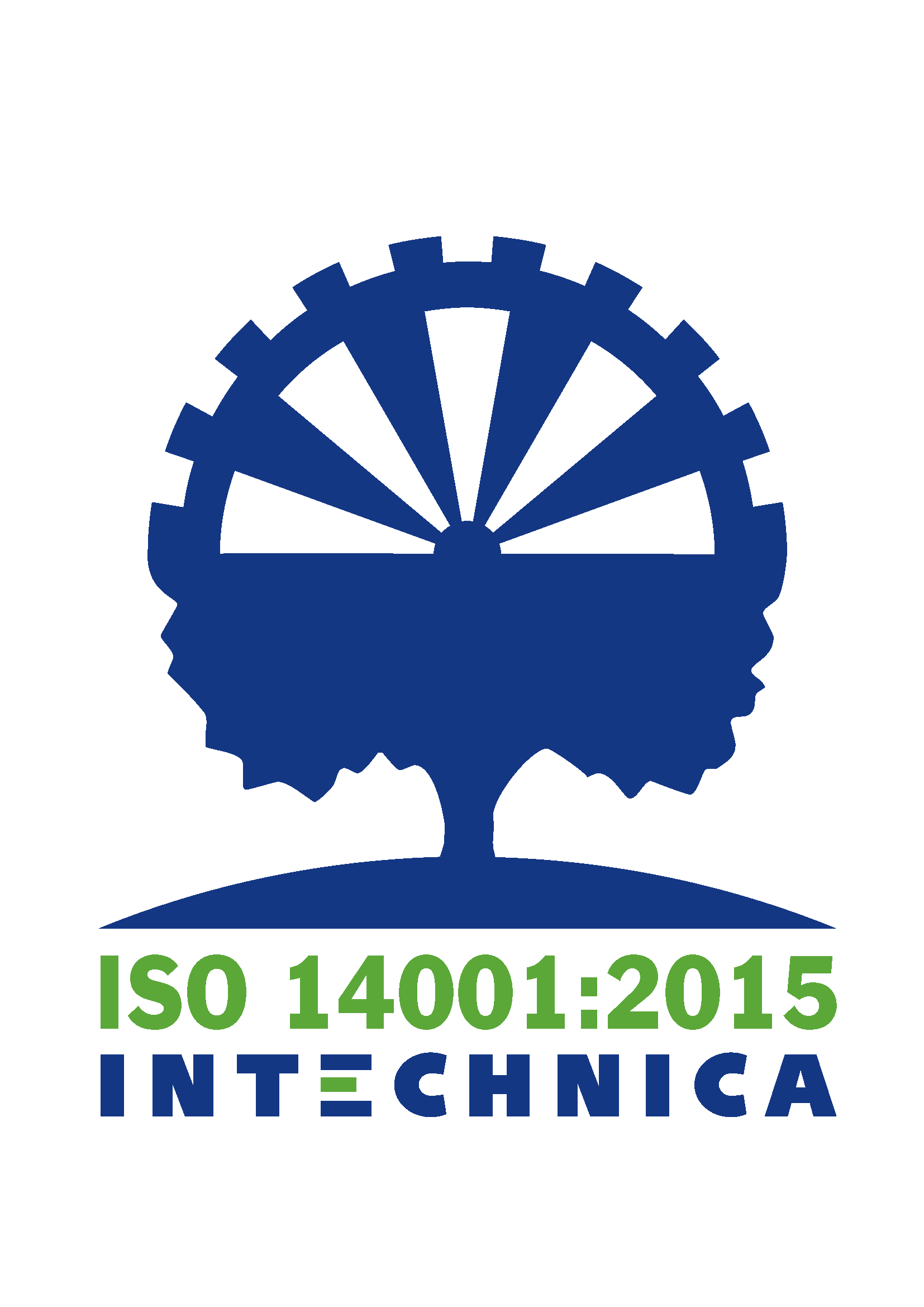Welcome to our article about custom made extension springs! Whether in industry, vehicle construction or medical technology – Tension springs are versatile and play an important role in numerous applications. In this article you will learn everything you need to know about custom extension spring production and why it is so important.
Introduction to tension springs
Tension springs are mechanical components that are used to generate a tensile force by deforming under load and then returning to their original shape. They are often used in machinery, vehicles and other applications to hold components together or provide spring force. Selecting the right tension spring is crucial for the optimal function of your application.
Applications of tension springs
Tension springs are used in a variety of applications, from the automotive industry to medical technology. In the automotive industry, tension springs are used, for example, in brake mechanisms, clutches and chassis. In medical technology, they are used to fix prostheses or hold medical devices together. Tension springs are also used in numerous industrial applications, such as in production machines or assembly devices.
Advantages of individually manufactured tension springs
The tailor-made production of tension springs offers a variety of advantages over standardized springs. By customizing tension springs to meet the specific needs of your application, you can ensure they provide optimal tension and durability. Custom-made extension springs can also help optimize the efficiency and reliability of your application.
Another advantage of custom manufacturing is the flexibility in selecting materials, diameters, spring constants and other important properties. You can tailor the tension springs to your exact requirements and ensure they can withstand the stresses of your application.
Factors to consider when ordering extension springs
When ordering extension springs, there are several factors to consider to ensure the springs are the best fit for your application. Here are some important points to consider when ordering extension springs:
- Load requirements: Make sure the tension springs provide sufficient tension to handle the required load.
- Material selection: Choose the right material for your application based on factors such as corrosion resistance, temperature resistance and mechanical properties.
- diameter and length: Determine the correct diameter and length of tension springs to ensure they fit your application.
- Spring constant: The spring constant determines the stiffness of the tension springs. Choose an appropriate spring constant to achieve the desired tension.
- End configuration: The end configuration of the extension springs may vary depending on the application. Choose the appropriate end configuration to ensure optimal functionality.
The manufacturing process of custom-made tension springs
The production of tension springs takes place in several steps to ensure that they meet the desired properties and quality standards. The manufacturing process usually includes the following steps:
- Design: The design of the tension springs is created based on individual requirements.
- Material selection: The appropriate material is selected based on the requirements of the application.
- Wire drawing: The wire is drawn to the desired thickness.
- To bend: The wire is bent into the desired shape to make the tension springs.
- Heat treatment: The tension springs undergo heat treatment to improve their strength and elasticity.
- End processing: The ends of the tension springs are machined according to the desired end configuration.
- Quality control: The tension springs manufactured undergo thorough quality control to ensure that they meet the required standards.
Common materials for tension springs
Tension springs can be made from different materials depending on the needs of your application. Here are some of the most common materials for tension springs:
- stainless steel: Stainless steel is a popular material for tension springs due to its high corrosion resistance and strength.
- Carbon steel: Carbon steel is also a commonly used option due to its high strength and durability.
- Alloyed steel: Alloy steel offers improved mechanical properties compared to carbon steel and stainless steel and is suitable for more demanding applications.
Quality control and testing of tension springs
The quality of tension springs is crucial to their performance and reliability. Therefore, tension springs undergo thorough quality control during the manufacturing process and after completion. This includes testing for strength, elasticity, resilience and other important properties. Only tension springs that meet the required standards are delivered to customers.
Choosing the right tension spring supplier
Choosing the right extension spring supplier is an important step in ensuring you receive high-quality, customized extension springs. Here are some important points to consider when choosing a tension spring supplier:
- Experience and expertise: Check the supplier’s experience and expertise in tension spring manufacturing.
- Custom solutions: Make sure the supplier is able to produce customized extension springs according to your individual requirements.
- Quality standards: Check whether the supplier adheres to strict quality standards and carries out thorough quality control.
- Delivery times: Make sure the supplier is able to deliver the tension springs within the agreed delivery times.
- Customer service: Ensure good customer service and reliable communication with the supplier.
Maintenance and care of made-to-measure tension springs
To maximize the life and performance of your tension springs, it is important to maintain and maintain them regularly. Here are some tips for maintenance and care of extension springs:
- cleaning: Clean the tension springs regularly to remove dirt and debris.
- lubrication: Lubricate the tension springs regularly to reduce friction and wear.
- examination: Regularly check the condition of the tension springs for damage or signs of wear.
- Substitute: Replace tension springs that are damaged or worn to ensure the safety and functionality of your application.
Conclusion: The importance of high-quality, custom-made tension springs in various industries
Tension springs are versatile components that play an important role in many industries. Custom production of tension springs offers numerous benefits, including optimal tension, durability and efficiency. By choosing the right supplier and providing regular maintenance and care, you can maximize the life and performance of your tension springs. Rely on tailor-made tension springs and optimize the efficiency and reliability of your application. Contact us today for a personalized consultation and learn more about how customized tension springs can meet your needs.









Leave A Comment